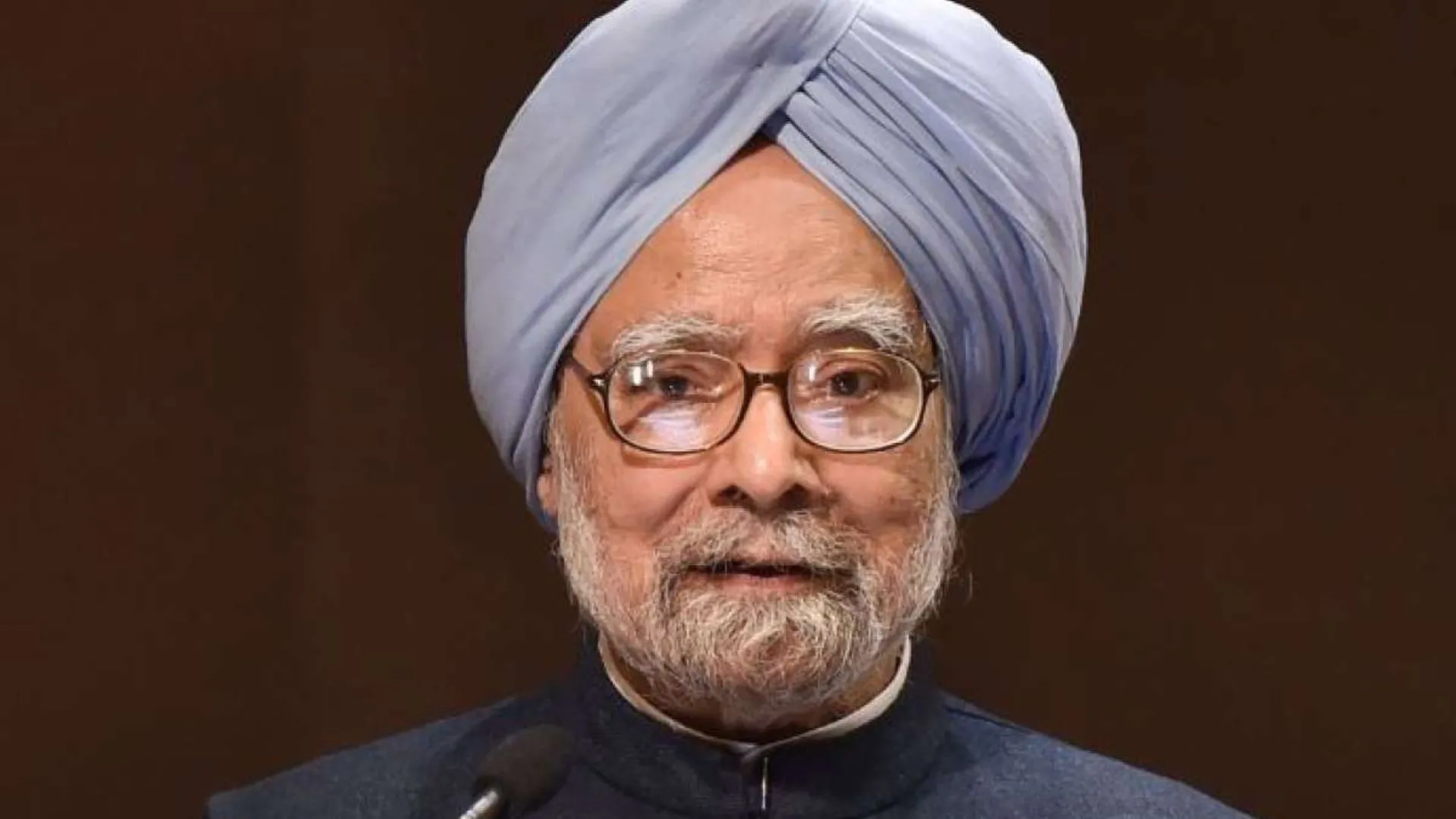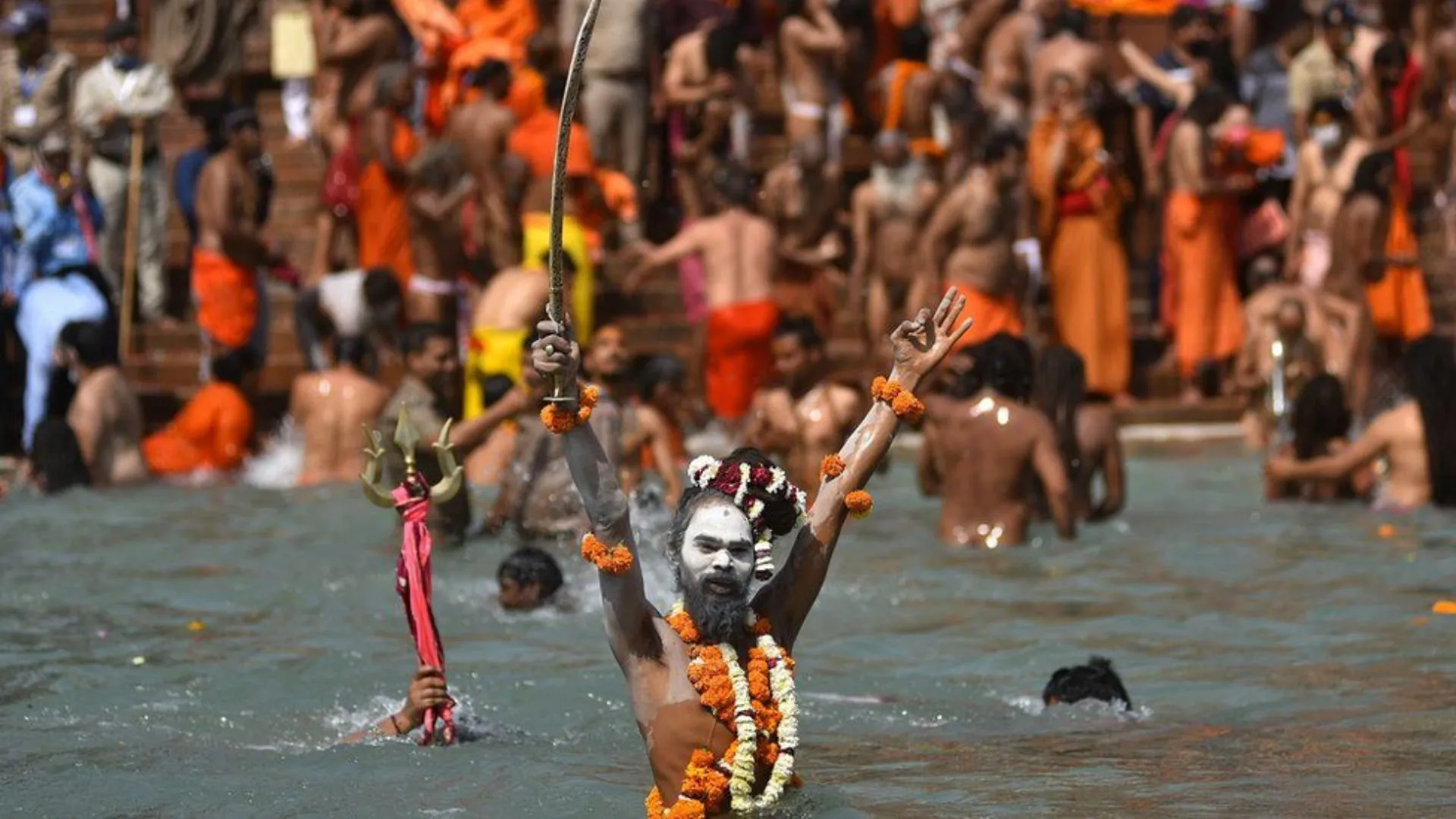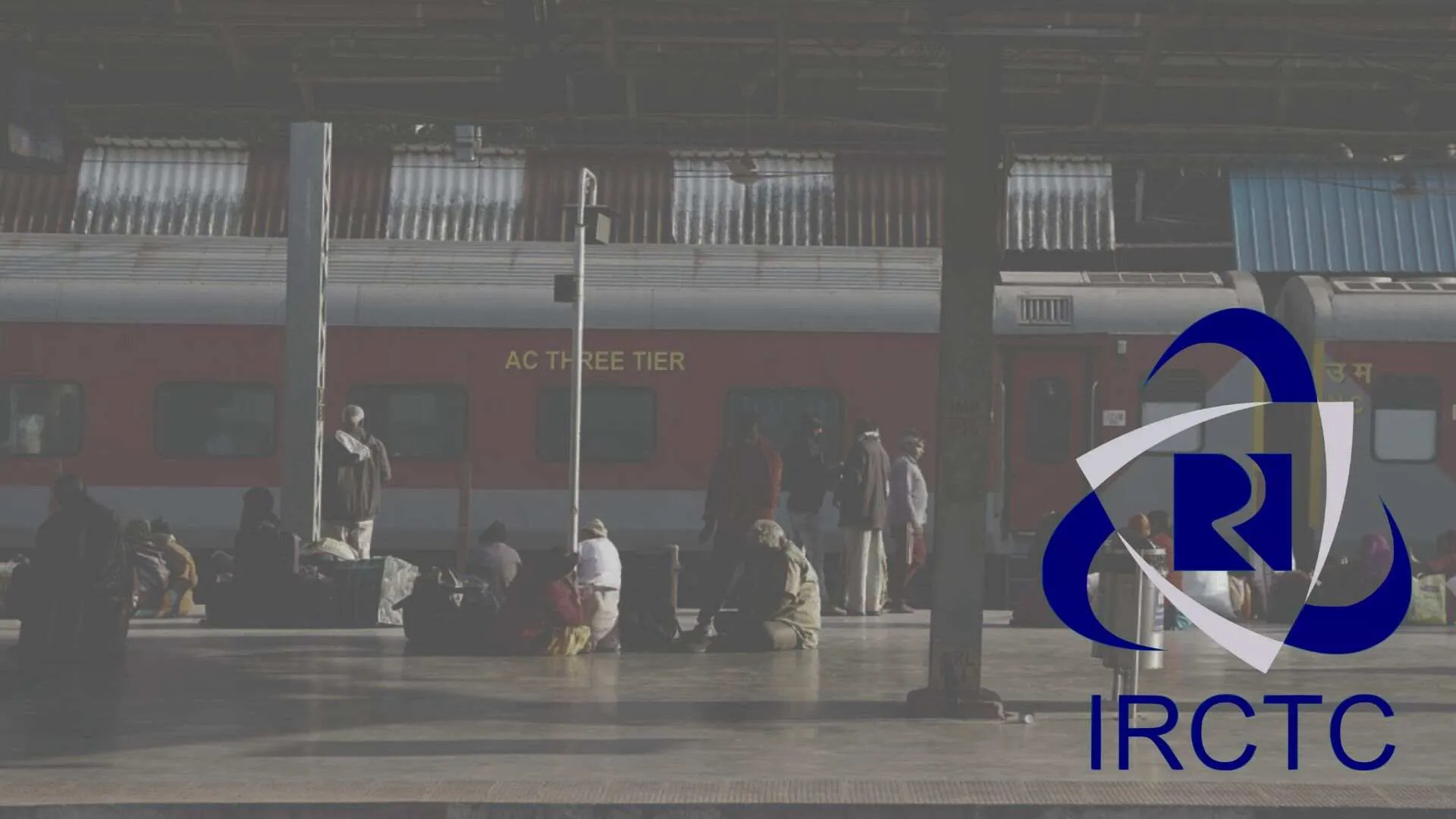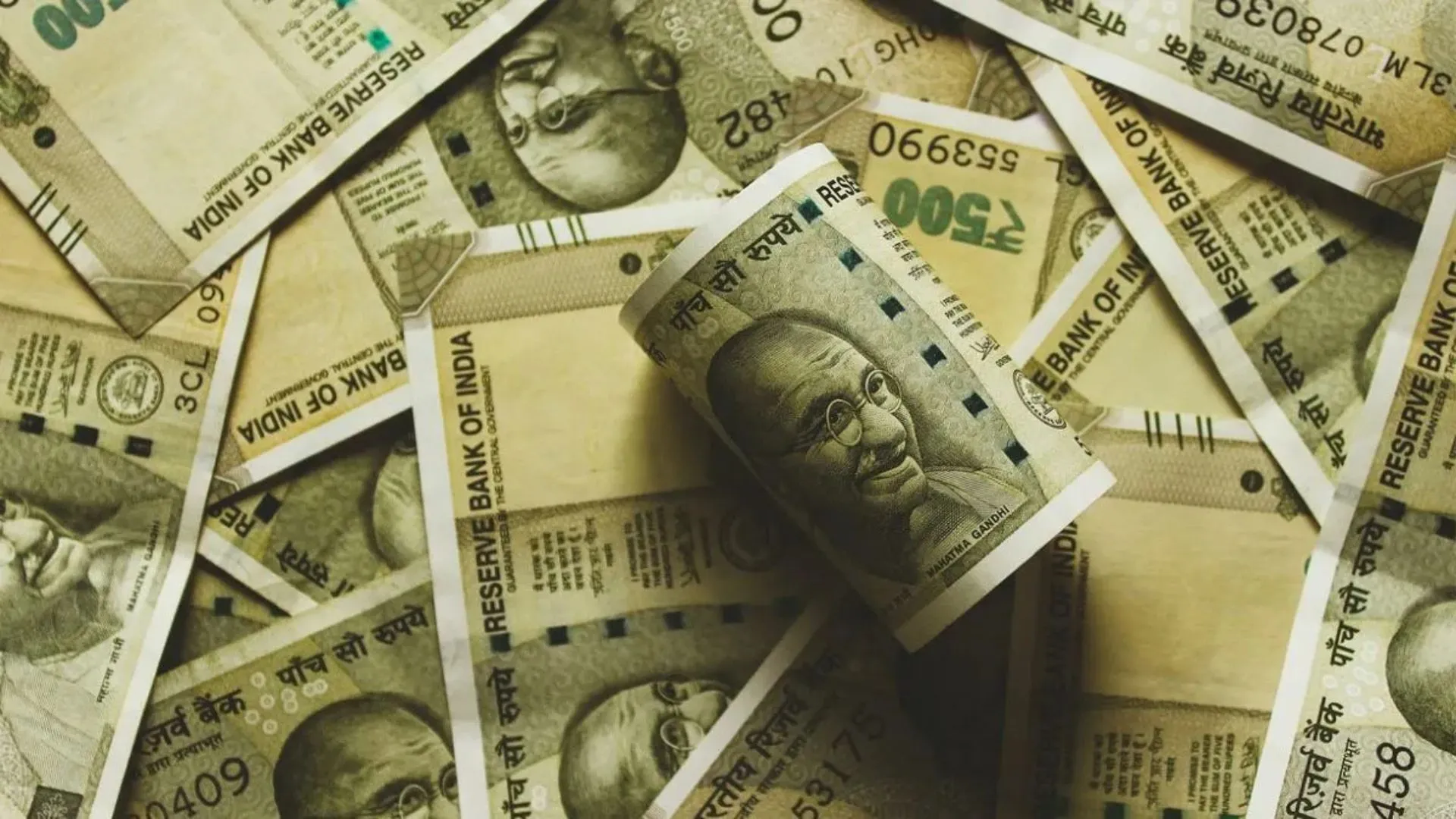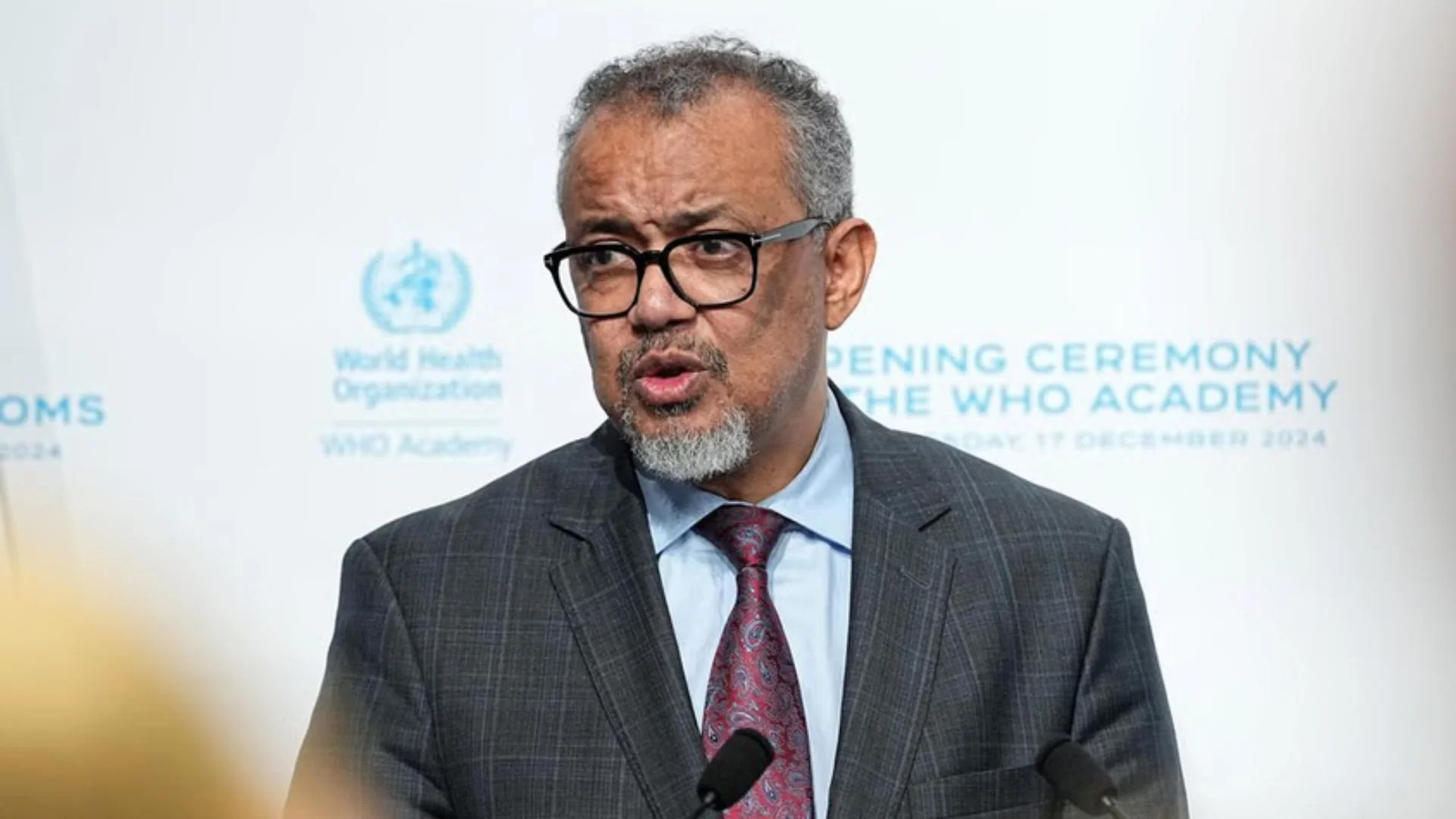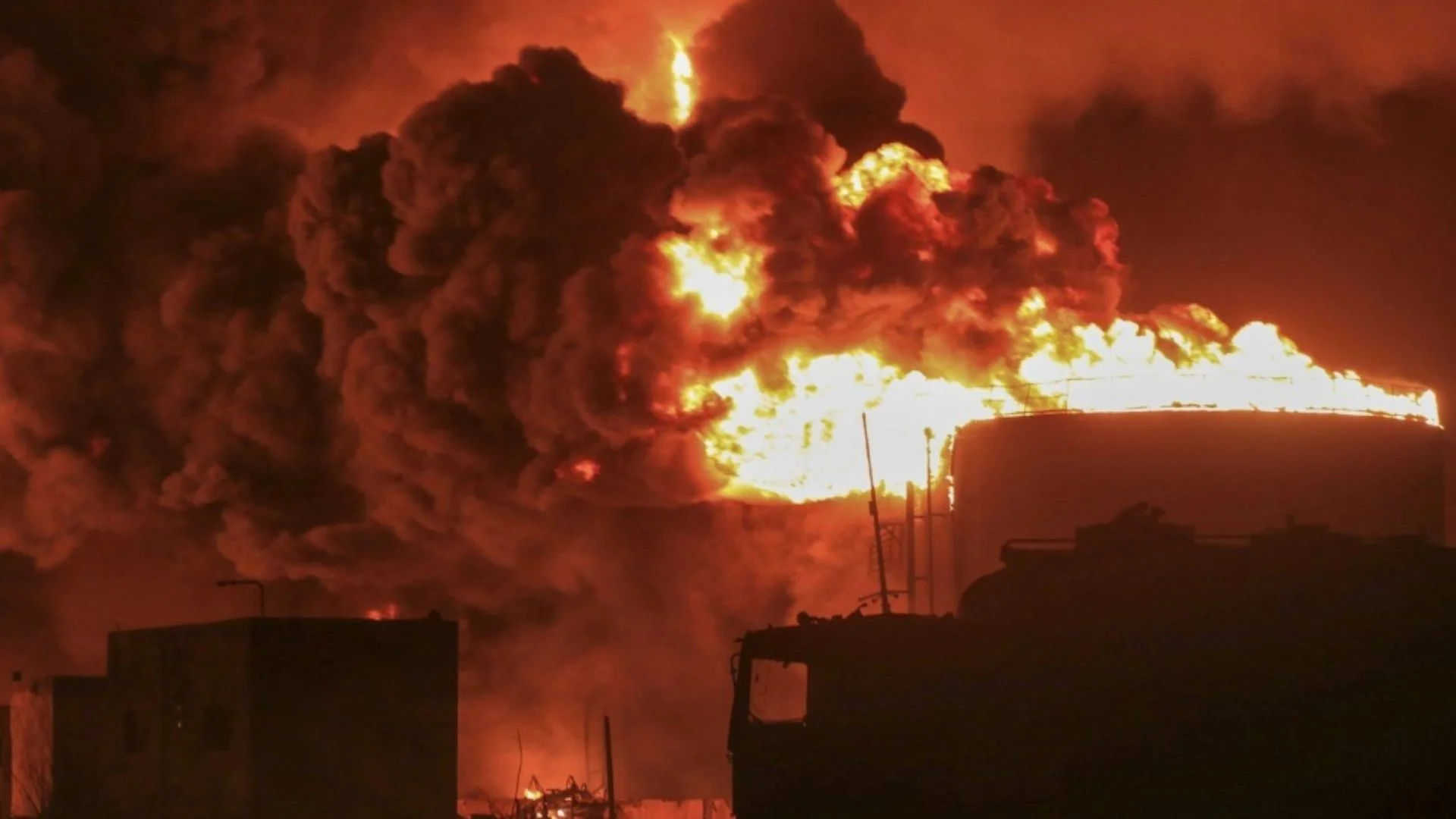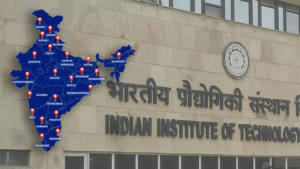Information obtained through a Right to Information (RTI) request filed by Dheeraj Singh, an alumnus of IIT Kanpur and founder of the Global IIT Alumni Support Group, has revealed that at least 115 students of the Indian Institute of Technology (IIT) have died by suicide since 2005. Among these, 98 deaths occurred on campus, with 56 being by hanging, while 17 were off campus.
According to the data, from 2005 to 2024, IIT Madras had the highest number of recorded deaths at 26, followed by 18 at IIT Kanpur, 13 at IIT Kharagpur, and 10 at IIT Bombay. Five deaths have been recorded this year.
Singh filed an RTI application after the passing of Darshan Solanki, an IIT Bombay student on February 12, 2023. The application sought data regarding the deaths of IIT students nationwide over the previous two decades. “The higher education department, which comes under the Union Ministry of Education, initially rejected my application and asked me to file separate RTIs for individual institutes,” Singh stated. “After an appeal, the ministry instructed all IITs to share the data.”
During eight months, Singh received data from only 13 out of the 23 IITs. “I received some data from the RTI response,” he stated. “I also collected data from authentic sources in the public domain, which included National Crime Record Bureau statistics and answers to questions posed in Parliament.”
Numerous suicides by IIT students, which have garnered significant attention and raised widespread concern, have occurred over the past year. “I just want to highlight the huge pressure on students in the premier institutes of the country,” Singh emphasized the need for substantial measures to address the academic and social pressures faced by IIT students. “There is an urgent need to reform IIT education to make it less stressful for students, faculty, and parents.”
Following Solanki’s death, internal surveys conducted by several IIT student organizations revealed that 61% of respondents attributed student deaths to academic stress. This was trailed by job insecurity (12%), family problems (10%), and harassment (6%). Eleven percent of students selected the ‘Other Reasons’ category.
After Solanki’s death, the University Grants Commission (UGC) initiated various measures and urged universities to prioritize the health, welfare, and psychological well-being of students on campus by promoting physical fitness and sports. Additionally, amid the COVID-19 pandemic, the Indian government introduced the Manodarpan program to provide psychological support for the mental and emotional well-being of students, teachers, and families.
The government has recommended institutions to “robust” their systems, encompassing prevention, detection, and remedial measures to tackle potential causes of suicides. However, emails sent by HT to the joint secretary (IITs) and secretary in the department of higher education remained unanswered.
IIT-Bombay implemented a preventive measure by eliminating one subject per year for first-year students following a decision made during the IIT-Bombay senate meeting last year, which occurred after Solanki’s tragic suicide. Officials at IIT-Bombay stated that this action aims to alleviate pressure on incoming students and provide them with additional leisure time to acclimate to campus life.
A senior professor at IIT highlighted that while students secure admission to the IITs through intense competition, they subsequently encounter substantial pressures from both the institution and society. “Whether they come from impoverished or affluent backgrounds, students encounter similar societal pressures of doing well,” he stated. “We must address sensitive issues at both institutional and societal levels that can help alleviate the mental strain on students.”
A former professor at IIT-B observed that students who gained admission to the IITs were effectively trained to excel in the Joint Entrance Exam. “But once they reach IIT, there is no spoon-feeding and they have to be good learners,” he stated. “After some unfortunate incidents, IIT decided to cut down academic pressure and chalk out mental health programs.”
The professor also highlighted the global economic downturn and diminished job placement prospects. “In the last few years, placements at all IITs are not on par,” he stated. “Final-year students also succumb to the stress and pressure of placements.”


